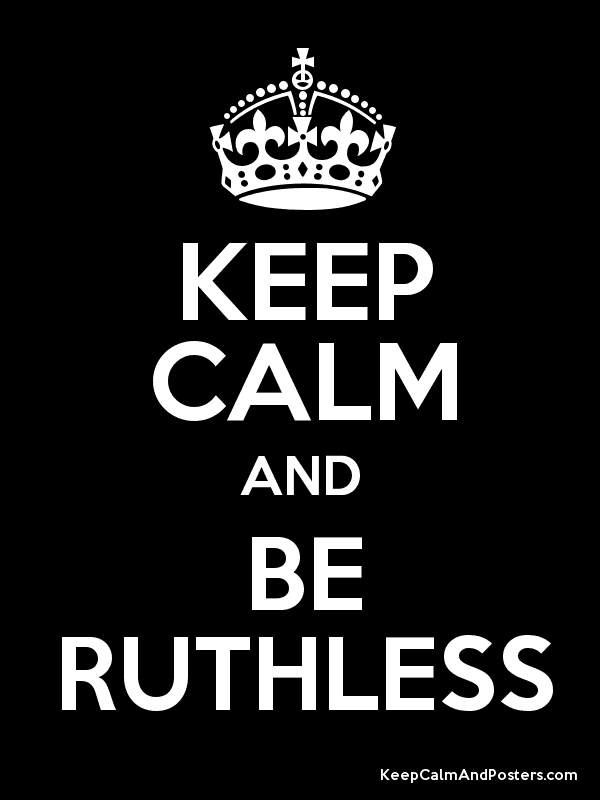It is always good to get enquiries from potential clients. This means that you are one step closer to getting that deal (money in and a better portfolio, heeeyyyy!) but as copywriters we must ensure that we do not rush ourselves just anything that comes in our way. We have to be professional and also responsible. What this means is that you have to ask questions to the interested party so that both parties are clear of what to expect and better understanding of the project.
Here are some questions that you can ask to the interested party:
- Can you please define your project?
- When will you be ready to get started?
- When do you need this project completed?
- Is there a hard deadline by which materials must be delivered?
- What is your budget for this project?
- If multiple executives or teams are involved, who has the final approval?
- Will I be interviewing people outside the company?
- May I see your existing marketing materials?
- Who specifically is the target audience for what I will write?
- Can you tell me more about this target audience?
Here are some of the basic questions we have listed. Do you have your own?





